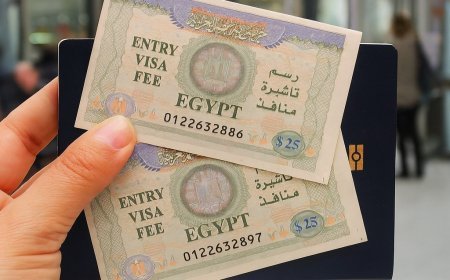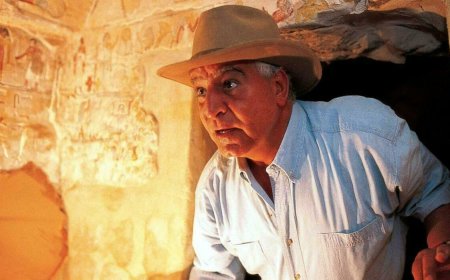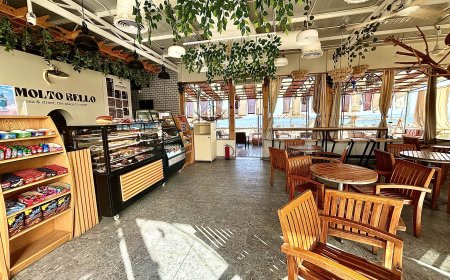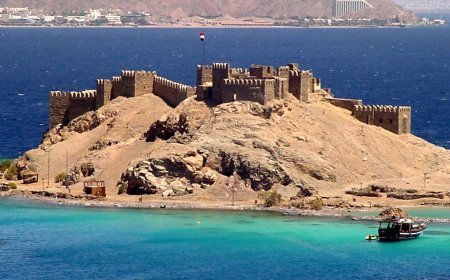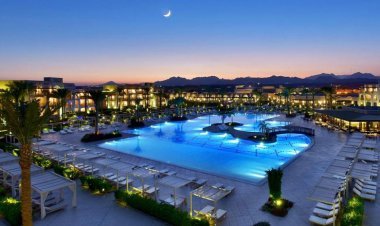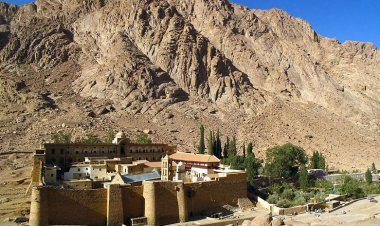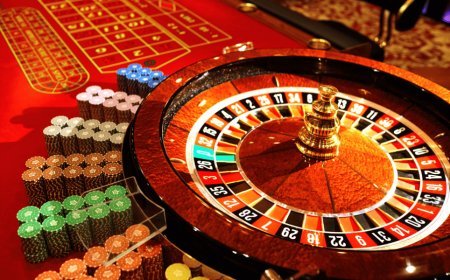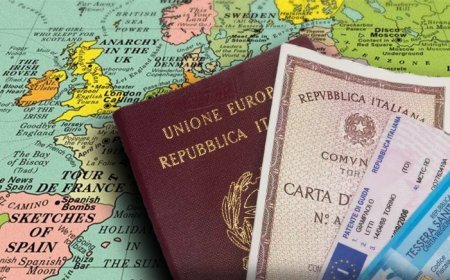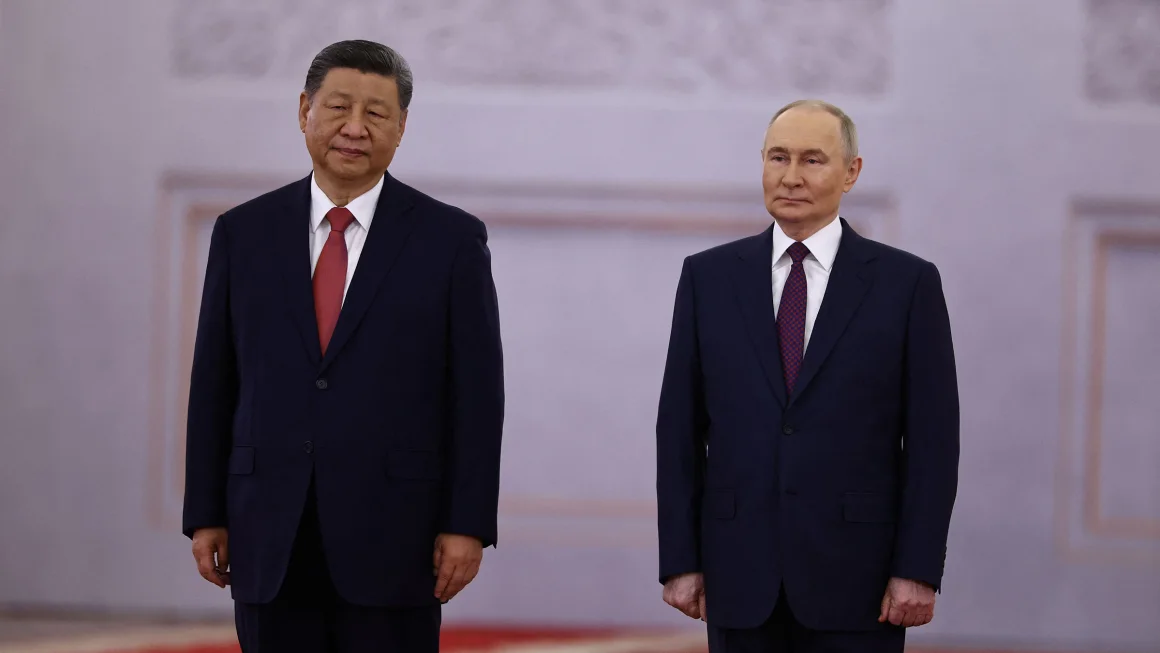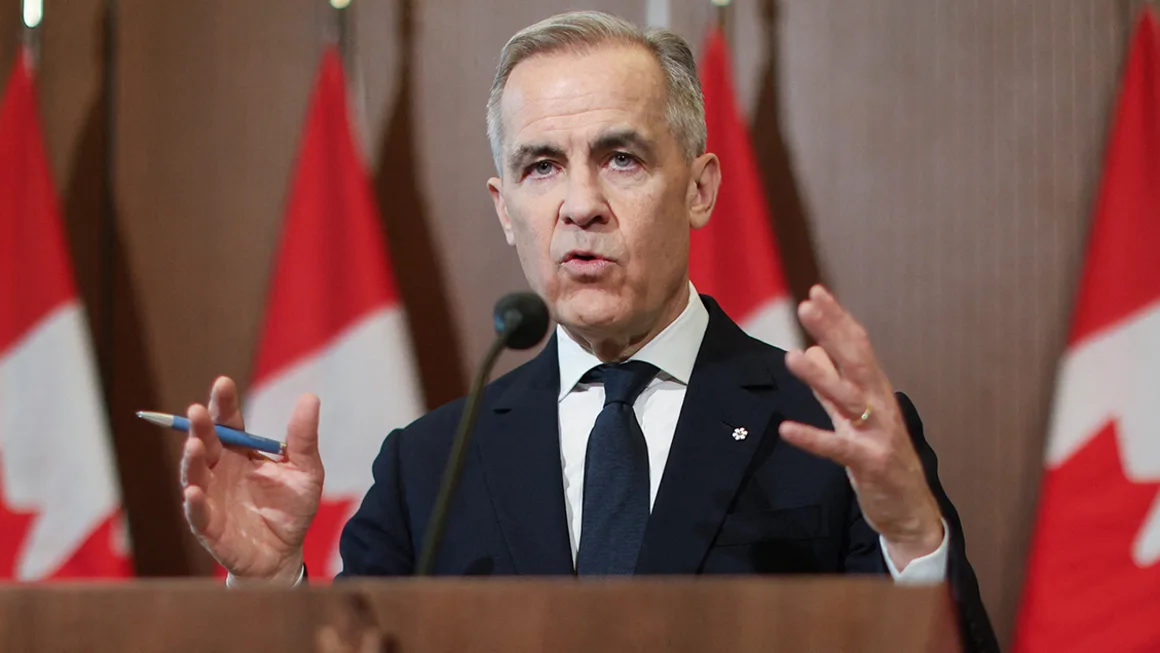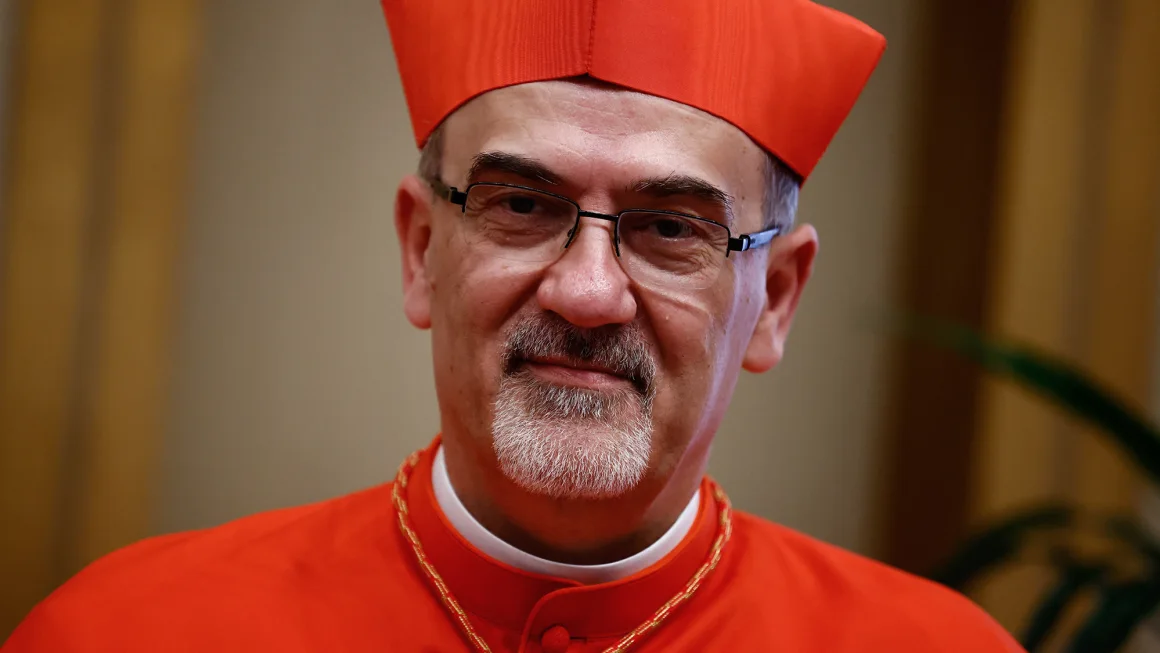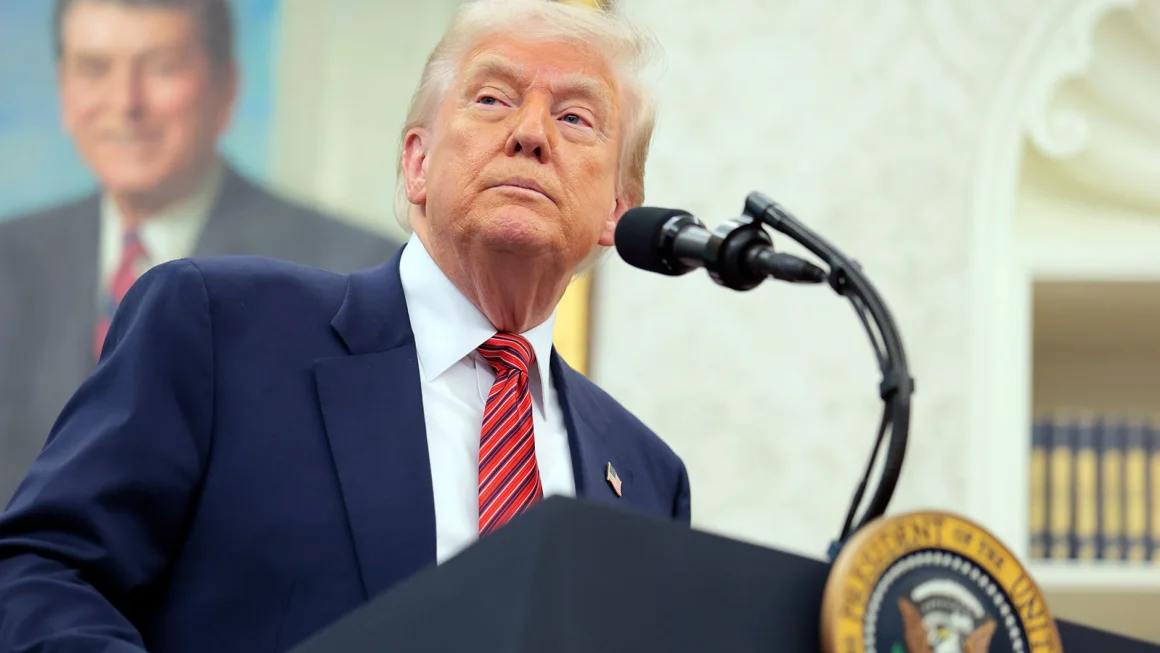As he sails to re-election, Putin has a succession problem
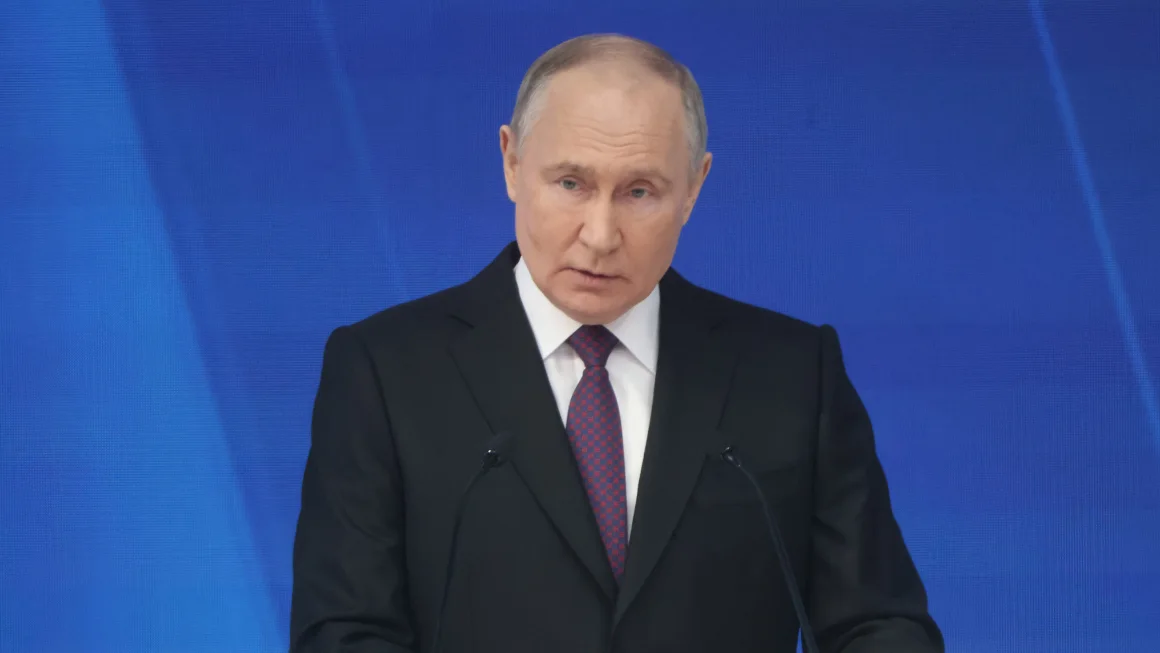
With the death of imprisoned Russian opposition leader Alexey Navalny, it’s fair to say Putin’s political career has reached the president-for-life stage. But his re-anointment lays bare an uncomfortable fact for Russia’s future political stability: The president and his circle have not made any visible preparations for a post-Putin era.
That may not seem an urgent matter for the man who is now Russia’s longest-serving leader since Soviet dictator Joseph Stalin: Back in 2020, Russian voters endorsed constitutional changes that would allow Putin to stay in power until 2036. And even before Putin announced his candidacy, the Kremlin made it clear that it does not see any alternatives on the horizon to his system of one-man rule.
“If we assume that the president stands as a candidate, then it is obvious that there can be no real competition for the president at this current stage,” Kremlin spokesman Dmitry Peskov said, adding that Putin “enjoys the absolute support of the population.”
Putin is 71 years old, a decade younger than US President Joe Biden. He may be passing the average life expectancy of a Russian male, but his recent public appearances appear to show someone in rude health.
But while Putin does not appear to be in a rush to groom a successor, some Kremlin watchers note that Putin’s re-election spotlights a problem: that the system built up over the past two decades under his rule is brittle, gerontocratic and vulnerable to a major shock, first and foremost the illness or death of the person at the top.
“Various challenges… may be closer than we think,” said Andreas Umland an analyst at the Stockholm Centre for Eastern European Studies. “Putin could theoretically rule for another 12 years. [But] I don’t think that will happen, especially if Ukraine achieves new victories that will have repercussions in Moscow.”
Umland said that the armed insurrection last year by Wagner mercenary Yevgeny Prigozhin – successfully quashed, but the biggest-ever challenge to Putin’s rule – and unfounded rumors about Putin’s health that surface on anonymous Telegram channels and social media suggest that worries about succession may lurk behind the Kremlin’s opaque façade.
“It’s not so much the content of the rumors, but the fact that the rumors can spread” that is significant, Umland said.
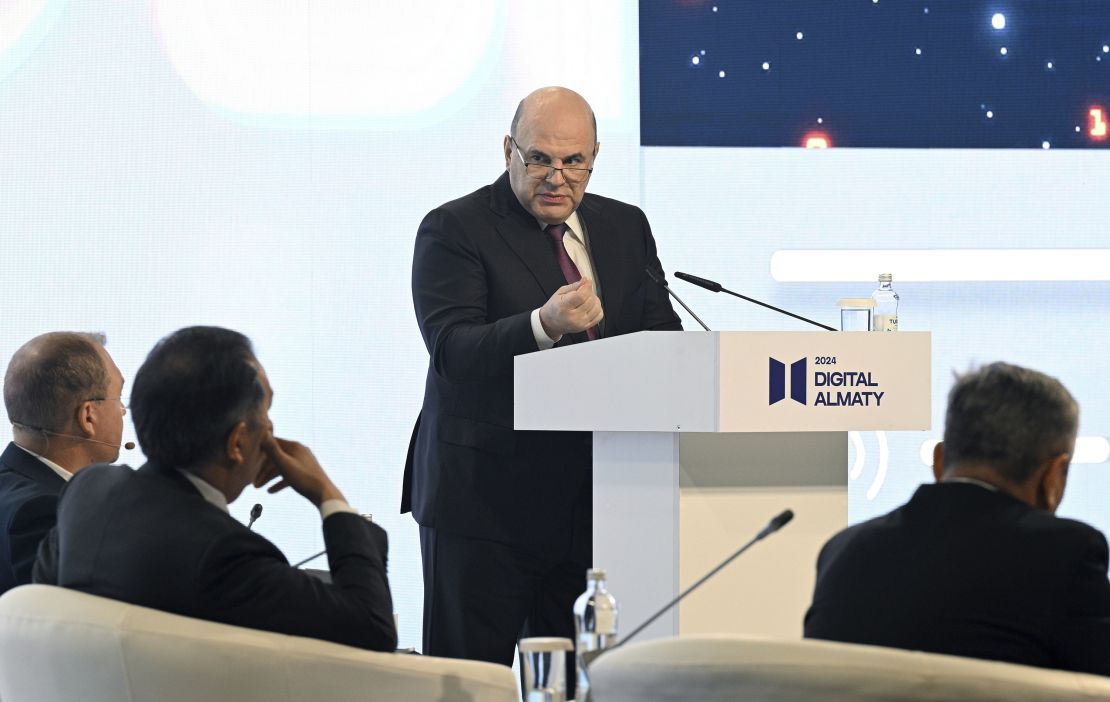
On paper, Russia is a country of laws. The Russian Federation has a constitutional system that makes provisions for an orderly succession: If Putin dies or is incapacitated in office, his powers will be temporarily assumed by the chairman of the government, a post currently held by Prime Minister Mikhail Mishustin.
But in practice, analysts say Putin presides over something akin to a court system, in which the president is the ultimate arbiter of disputes between competing elite factions. And where the Soviet system had a consensus-driven Politburo that established a relatively stable (if untransparent) mechanism for the transfer of power, some observers have likened Putin’s inner circle, which includes wealthy cronies, representatives of the state security apparatus and loyal technocrats, to a sort of Politburo 2.0 that could manage a potential succession.
Putin’s Russia also has another precedent for handing over power to a trusted successor in addition to constitutional workarounds that have already prolonged his time in office. In 2008, Putin reached the end of his second presidential term, and stepped aside for a handpicked placeholder, Dmitry Medvedev.
But while Medvedev inherited the chemodanchik (nuclear suitcase with launch codes) and the seat on the Russian equivalent of Air Force One, Putin remained the real power behind the throne and won a third term in 2012. Medvedev signed a law changing presidential terms to six years and then Putin reset the count on term limits with the 2020 constitutional referendum.
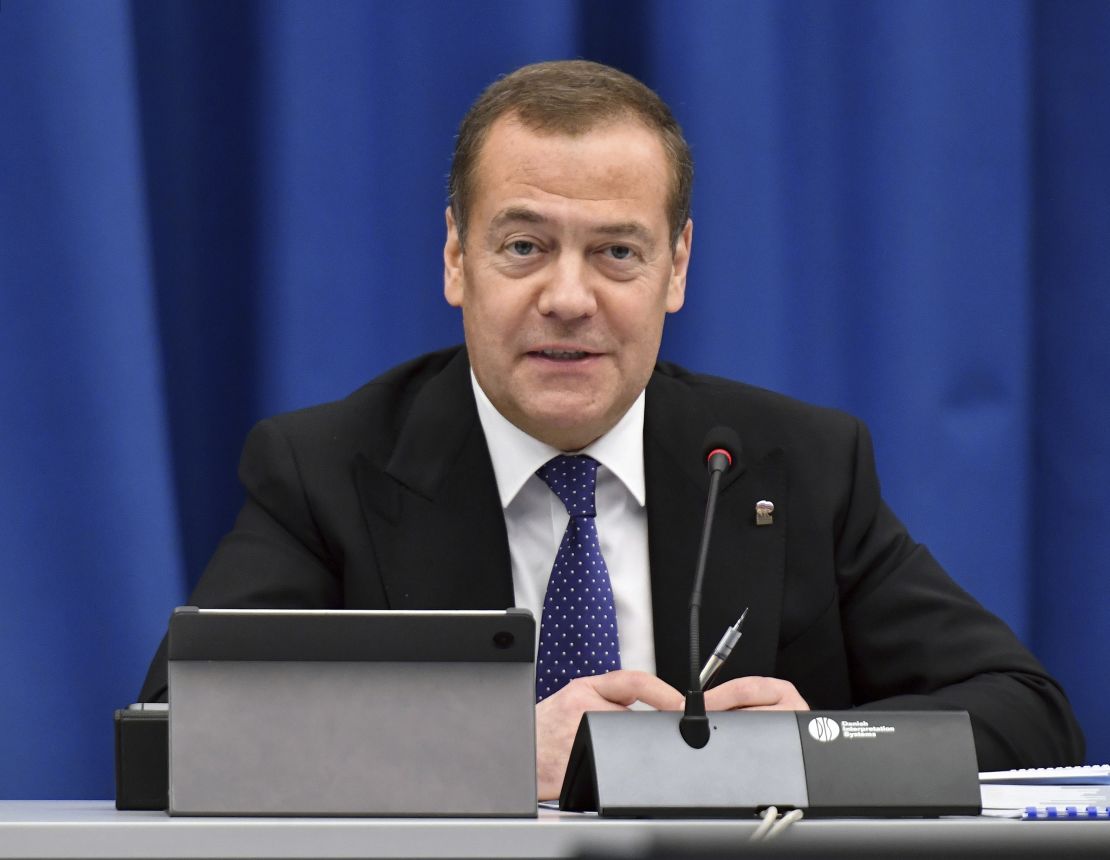
Not surprisingly, Putin’s intent to stay in power has become the subject of ridicule by Russia’s opposition. When Putin announced his intention to run for a third term, a meme of the Russian president morphing into the decrepit Soviet leader Leonid Brezhnev went viral, an image that featured in opposition protests.
The Kremlin has no doubt studied how neighbouring autocrats keep their grip on power. Belarusian strongman Alexander Lukashenko saw off mass protests in 2020 following widespread allegations of ballot-stuffing; he now plans to run for re-election next year. Chinese President Xi Jinping, who calls Putin his “bosom friend,” has tightened his grip on the Chinese Communist Party and oversaw the abolition of term limits. And in Kazakhstan, President Nursultan Nazarbayev stepped down after three decades of rule, while maintaining the chairmanship of the country’s Security Council and the title of Leader of the Nation.
The case of Nazarbayev, however, may have proven instructive for the Kremlin. In the wake of violent unrest in January 2022, Nazarbayev was elbowed aside by President Kassym-Jomart Tokayev from his security council post and lost key policymaking privileges. Trusted successors, it seems, can be trusted for only so long.
Some Russian political observers speculate that the real competition to succeed Putin is not likely until the 2030s, when Putin reaches his sixth term. Russian political observer Andrey Pertsev has described some of the potential competitors as “princes” who are quietly building their own bases of support in anticipation of Putin’s eventual departure.
Even the former president Medvedev, who lost the number two slot in 2020 when he stepped down in a government shakeup, may still have aspirations. While written off by some observers as a serious political player, Medvedev has used the war on Ukraine to carve out a place as a strident, anti-Western voice, most recently appearing in front of a map of a carved-up Ukraine and declaring that “Ukraine is definitely Russia.”
Whether or not Medvedev stands another chance at Russia’s top job, the invasion of Ukraine has shifted the official tone in elite Russian circles to one of unbridled bellicosity. And Russia is now a postmodern autocracy that can brandish Putin’s still sky-high approval ratings (however skewed) and his inevitable re-election (however undemocratic) as a sign of legitimacy and unquestionable public support for the war.
The post As he sails to re-election, Putin has a succession problem appeared first on Egypt Independent.
What's Your Reaction?
 Like
0
Like
0
 Dislike
0
Dislike
0
 Love
0
Love
0
 Funny
0
Funny
0
 Angry
0
Angry
0
 Sad
0
Sad
0
 Wow
0
Wow
0
